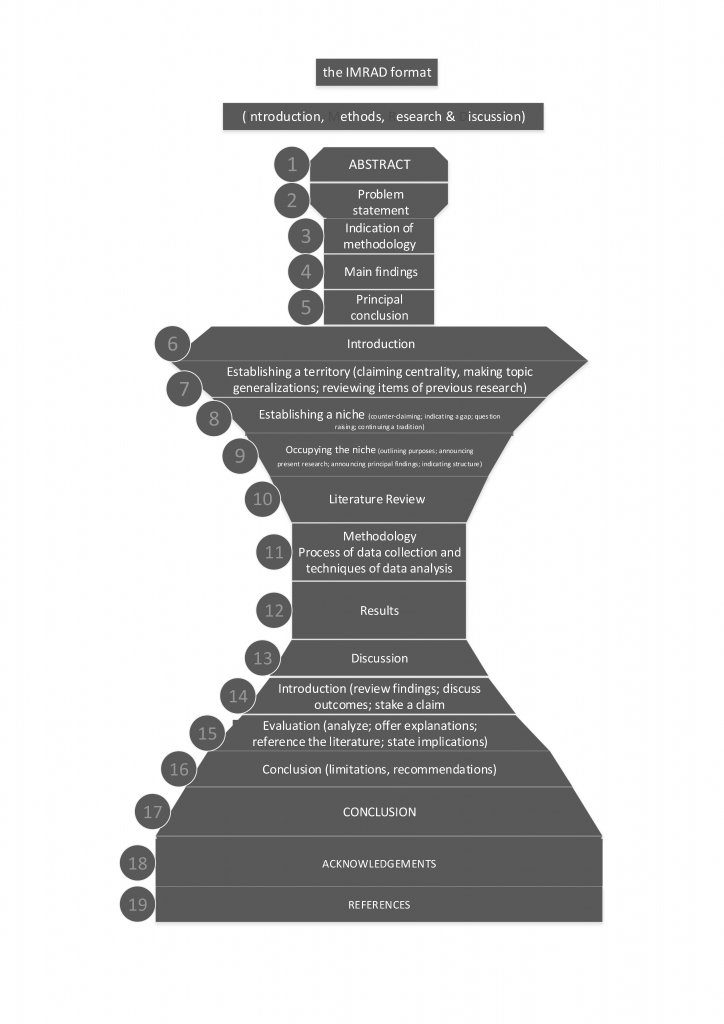
“The scientific paper is a fraud in the sense that it does give a totally misleading narrative of the processes of thought that go into the making of scientific discoveries…” (Medawar, 1964) and so is the above decontextualized hook-line, opening this post –as if the fairest of titles– misleading in a not-so-playfully perverted way.
Sir Karl Popper gave us a form and function in scientific methodology via empirical falsification such as presented in his “Conjectures and Refutations”. Has it done us well (us the species, the populous, the Hoi Polloi)? Have we become immune to the absolute, the reductionist linear or to the falsehood of the polarized? Think again; for the many the few have yet to suffice.
Then there is a second scientist, known as the “father of transplantation“: Sir Peter Medawar. Since we are not immune to the traps and trepidation surrounding our personalized versions of oversimplifying falsehoods (including this post and its naïve author), Sir Peter’s medical insights and more so some of his more popular writing might be of use to us in thinking about information gathering and how it might be made to stick or made to be rejected.
Poetic transcoding of concepts and methods from seemingly very different fields of the human endeavor might be of practical use to some of us. A little dab’ll do ya… Though, can methods of less linear and less polarized thinking be as a smoothening ointment against all misinformation? Do all metaphorical potions, at all times, avoid the rejection of that unwanted information-limb? Of course, not. Thinking one has the singular method to iron out falsehood might just perhaps let falsehood creep in through one’s over-polished hubris of believing to be absolutely firewalled against it. Can the real clean guy please stand up?
Nevertheless, we can take methods or metaphorical images as models into our laypersons’ dealings with information; or so one might hold an imaginative and ever-so-slightly childish hopefulness when reading Sir Peter’s 1964 writing entitled “Is the Scientific Paper Fraudulent?”.
As a tidbitty-sidenote: Mr. Medawar was also metaphorically knighted as “the wittiest of all scientific writers” by Dawkins in “The Oxford Book of Modern Science Writing.”
“The scientific paper is a fraud in the sense that it does give a totally misleading narrative of the processes of thought that go into the making of scientific discoveries. The inductive format of the scientific paper should be discarded. The discussion which in the traditional scientific paper goes last should surely come at the beginning. The scientific facts and scientific acts should follow the discussion, and scientists should not be ashamed to admit, as many of them apparently are ashamed to admit, that hypotheses appear in their minds along uncharted by-ways of thought; that they are imaginative and inspirational in character; that they are indeed adventures of the mind.” (Medawar, 1964)
I especially enjoy the last thread of his words: “[scientists’ ideas / your thoughts / ___________] are imaginative and inspirational in character; that they are indeed adventures of the mind.”
Peter Medawar’s “Is the Scientific Paper Fraudulent?” Dawkins, Richard: “The Oxford Book of Modern Science Writing”






